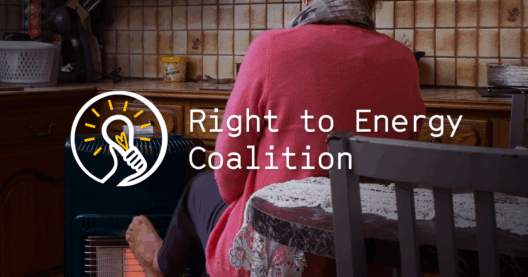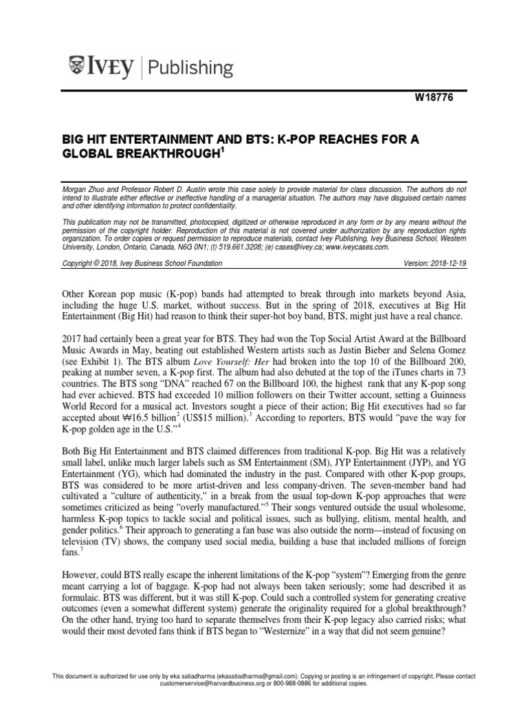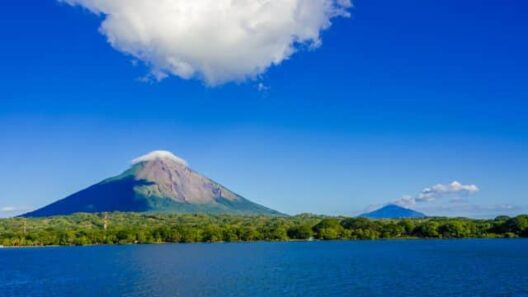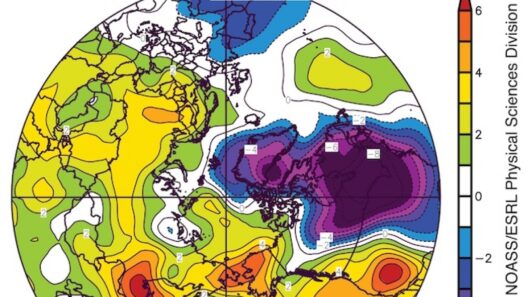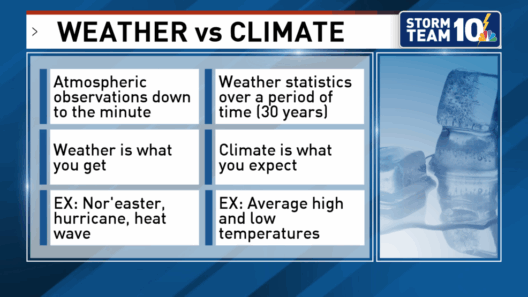The question “Is global climate change real?” often ignites fervent debate, particularly in online forums such as Reddit. Users from diverse backgrounds engage in discussions that range from staunch denial to fervent advocacy for immediate action. This poses a playful yet serious challenge: how do we differentiate between passionate opinion and empirical evidence in such a cacophony of voices? This article will explore the dichotomy between Reddit debates and the undeniable reality of climate change, elucidating the scientific consensus and the pitfalls of misinformation.
First, let’s establish the foundation of the debate. Numerous studies, conducted by reputable organizations and expert scientists, affirm that climate change is not merely a figment of consciousness or an elaborate conspiracy. It is, in fact, a scientifically substantiated phenomenon marked by significant alterations in climate conditions due to an uptick in greenhouse gases. The Intergovernmental Panel on Climate Change (IPCC) has systematically laid out evidence, showcasing how human activities—primarily the combustion of fossil fuels and deforestation—are accelerating global warming.
Yet, on Reddit, discussions can veer wildly from this consensus. Some users espouse the notion that climate change is a natural cycle, arguing that Earth has undergone numerous warming and cooling phases long before industrialization. While it is important to recognize that the planet’s climate has fluctuated historically, the crux of the matter lies in the rate and magnitude of change. Current transformation exceeds natural variability, warranting serious concern and discussion.
This prompts an important inquiry: to what extent do individual biases affect our interpretation of scientific data? Reddit users often bring personal beliefs, experiences, and anecdotal evidence into the fray. For instance, those who may not have felt the tangible effects of climate change in their immediate environments may instinctively reject the overwhelming data. Herein lies a challenge: how do we reconcile lived experience with scientific observation? Understanding this cognitive dissonance is vital to advancing the dialogue around climate change.
One fascinating aspect of the Reddit discussions is the emergence of competing narratives. On one side, there are alarmists who advocate for urgent action, prompting discussions loaded with calls to action—”We need to reduce carbon footprints. We must switch to renewable energy!” On the opposing side, skeptics often postulate that the solutions presented are impractical or economically untenable. These contrasting positions underscore a fundamental reality: the fear of losing something—whether it’s financial security or comfort—can cloud rational judgment. Are these fears justified, or do they stem from a misunderstanding of the potential benefits of transitioning to sustainable practices?
Economics and environmental stewardship need not be mutually exclusive. Transitioning to green technologies can lead to job creation and economic revitalization. However, debates surrounding economic implications often get overshadowed by fear-mongering. From an informed perspective, one could argue that the longer we delay action on climate change, the steeper the economic and social costs will become. This leads us to the consequential implications of inaction.
Moreover, the environmental ramifications of climate change are both vast and varied. From rising sea levels to increased frequency of extreme weather events, these changes pose immediate challenges not just to ecosystems but to human lives as well. Reddit’s debate occasionally glosses over these dire realities, which can trivialize the urgency of the situation. A playful question might arise here: if climate change were a game of poker, would we fold our cards and hope for the best, or would we double down and commit to mitigating these risks?
Additionally, it’s worth noting the prevalence of misinformation in these discussions. Misinformation, often propagated by wealthy interests that benefit from the status quo, distorts public perception. This manipulation leads to misguided conclusions and has serious ramifications for policy-making and individual action. It is incumbent upon us to discern fact from fiction—an endeavor that requires critical thinking and scrutiny of sources.
In the face of such debate and misinformation, advocacy emerges as a crucial force for change. Grassroots movements have sprung up worldwide, advocating for climate policies that address systemic inequality while promoting sustainability. Platforms like Reddit can serve as potent amplifiers for these crucial conversations. When users share accurate information, community initiatives, and actionable goals, they cultivate an environment conducive to understanding and activism.
In conclusion, the question of whether global climate change is real cannot be accurately addressed within the confines of online debates that prioritize opinion over empirical evidence. The unequivocal reality is that climate change is a pressing issue that requires collective action. While Reddit serves as an interesting microcosm of society where spirited debates flourish, the focus must remain on informed discussion rooted in scientific data. The challenge lies in bridging the gap between these discussions and reality, fostering understanding, and mobilizing efforts toward a sustainable future. Striking a balance between urgency and feasibility is imperative. Therefore, we must engage, educate, and advocate with intention, ensuring that the conversation around climate change evolves into one that champions action rather than stasis.



